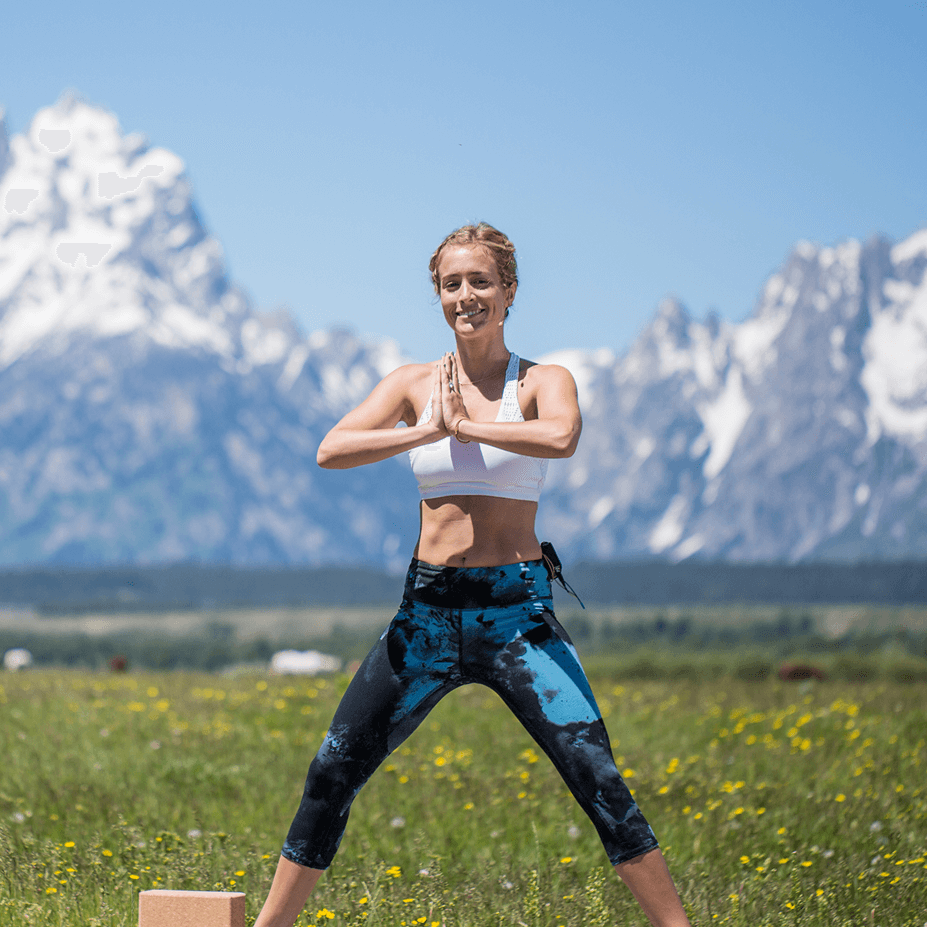On and Off the Mat: Yoga + Social Justice

When we start to approach the world through the lens of yoga, social justice and activism become a natural extension of our practice.
There is great significance (and discipline) in maintaining your yoga practice in the midst of mayhem. While meditation, breathwork, and asanas (physical postures) can be used to relieve stress or for self-care, they also allow us to be our best selves, and to take action in bettering our world. It’s no secret the world needs a dose of mindfulness and healing lately. If you find yourself rolling out your mat more than ever this year, know that you’re not alone.
The long slow holds of yoga – and more importantly, the slow, mindful transitions between poses – helps make the practice one of safety and peace, rather than one of harm. The slow, simple, meditative practice helps us learn to respond to the noise of the outside world instead of reacting, helping us to stand in our courage, which is not the absence of fear, but the ability to feel afraid without being paralyzed. The intense sensations that come up in our bodies during our yoga practices allow us to sit in physical discomfort, without trying to fix it, change it, or push it away. This provides the perfect training ground for sitting in our emotional discomfort allowing us to stand and show up when times are uncomfortable. By focusing on only ourselves during our practice and not comparing to others around us, serves as a reminder that our journeys, bodies, and practice are all different, but never any better or worse. When we start to approach the world in this way, social justice and activism become a natural extension of our yoga practice.
One of the most pressing issues and topics today is racial equity. How does our yoga practice help us in approaching issues that are complex and difficult? We begin from a desire for understanding and for dialogue. We begin with a curiosity of how to undo the harm that racism has caused. We begin by believing that we CAN rise to the occasion of this difficult work. We begin by speaking, even if our voices shake. And only then can we begin to consider how we have all been unintentionally contributing to a one-sided social system.
Yoga and the foundation of yoga theory is a system that can provide support in beginning to examine different ways of being and acting. In turn, it should speak to our need to pursue social justice and make our communities safer and more supportive for everyone.
Through facing our physical blocks, emotional fears, and limiting assumptions, we can develop deeper empathy.
Yoga also helps us to cultivate awareness of our actions and our thoughts. We can use this increased awareness to shift our perspective and as a basis for action.
This subject can be so daunting that many of us don’t know where to begin. But here are a few ideas on how you can begin aiding social justice through the yoga community for a transformational and inspirational outcome:
- Meet yourself where you are and find other social activist yogis doing this work and seek their guidance.
- Seek out yogis of color and yoga teachers of color on social media, listen, read, and compassionately hear their perspective.
- Make it a point to listen with an open mind to people of color who share their experiences, and listen for understanding, rather than to respond. Ask them for resources and how they’d prefer for you to take action.
- Consider that there is a difference between our intentions, which we might believe innocent, and the impact of our words and actions. Impact is always greater than intention.
- Learn more about the philosophy of yoga via the book, The Yoga Sutras of Patanjali.
Have any further resources or thoughts you’d like to share? Comment below to start the conversation!


%20(1).png)
.png)






